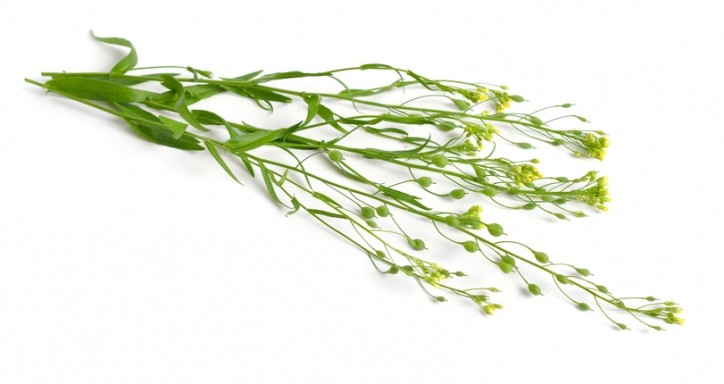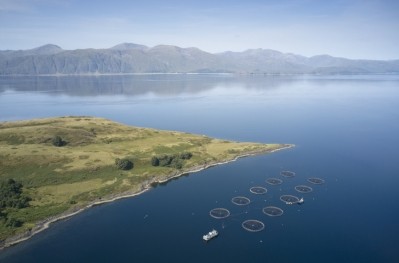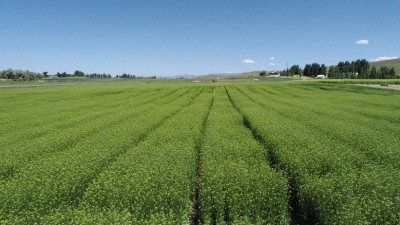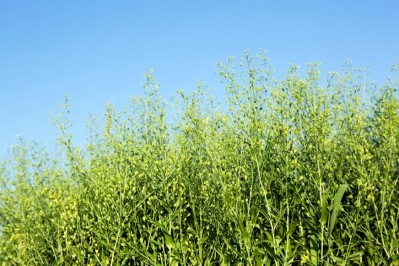Yield10 sees 'significant market opportunities' for camelina derived omega-3 fatty acids

The primary source of the essential fatty acids, eicosapentaenoic acid (EPA) and docosahexaenoic acid (DHA) today are finite marine ingredient resources, the supply of which is volatile. Camelina represents an ideal platform for predictable and sustainable, land-based production of omega-3 oils targeting the significant market opportunity in animal feed and human nutrition, according to the Woburn, Massachusetts based biotech.
“Our decision to exercise the exclusive global option to the omega-3 production technology with Rothamsted underscores our belief that there will be significant market opportunities for the omega-3 oil profiles that can be produced using camelina as a platform crop,” said Dr Oliver Peoples, CEO, Yield10. “The Rothamsted team has advanced the omega-3 camelina technology to where it is ready to begin commercialization.”
In 2020, the company signed an exclusive collaboration agreement with Rothamsted to support the research institute’s flagship program to develop such plant-based omega-3 oils. As part of that arrangement, it received an exclusive option to sign a global, exclusive license agreement for the technology.
Over the last decade, the Rothamsted team, led by its science director, Professor Johnathan Napier, has looked to demonstrate the production of omega-3 oils in camelina seed and assess their performance in salmon feed and other segments.
Herbicide tolerance
Yield10 is looking to execute a program to develop and commercialize spring and winter camelina varieties with stacked herbicide traits to achieve large acreage adoption of the crop in North America.
The program gives farmers the opportunity to work with genetically modified camelina as a revenue generating cover crop. With herbicide tolerant plants, farmers can implement weed management practices that have improved yield and profitability while protecting the environment.
In spring 2023, it planted omega-3 (EPA) camelina at acre-scale in the US to begin the ramp-up of seed inventory for future planting as well as to produce oil for use in business development activities.
“Based on the positive field test results we have reported over the last year, we remain on track with our plan to launch our first commercial HT camelina varieties in 2025 and following soon thereafter with stacked HT camelina varieties,” said Peoples.
The company outlined that it has elected to prioritize the EPA8 omega-3 camelina variety as the initial profile for commercialization, which has thus far met its expectations for performance, setting the stage for advanced development and possible future market introduction.
It plans to conduct further seed scale-up of EPA8 camelina in contra season in South America this winter and it is currently awaiting the outcome of a review by the USDA-APHIS Biotechnology Regulatory Services (BRS) under the SECURE Rule to allow the crop to be grown at large scale in the US.












